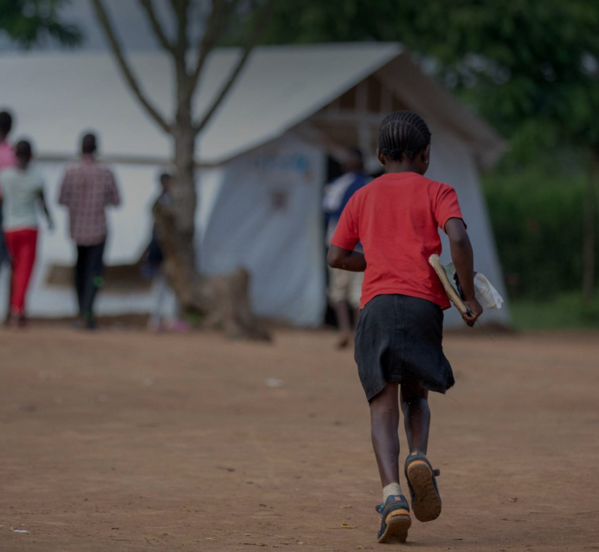Learning Passport
A powerful partnership
Learning Passport brings together Cambridge’s expertise in education with UNICEF’s deep understanding of how to support children in need and Microsoft’s substantial technological capability.
Its aim is to help close the ‘learning poverty gap’ that sees many millions of primary-level children failing to achieve minimum proficiency levels in their education.
How will it work?
Teachers around the globe will be given access to a technology platform hosting learning materials and providing support to deliver them in the most effective way. It will also track what has been learned, so that children have a digital record of their progress that is accessible anywhere in the world.
The platform will be underpinned by curriculum frameworks developed in Cambridge to cover maths, science and literacy. In addition, a specially-developed programme has been designed to meet children’s social and emotional learning needs.
Adaptable, flexible and portable
Experts from Cambridge University Press & Assessment, and the academic university have drawn on the best of what is known about delivering effective education, and tailored it to the needs of vulnerable children.
The curriculum frameworks and materials can be adapted to meet local needs and circumstances, providing support to teaching efforts in schools or in the camps that host some of the 30 million children currently displaced from their homes.
Learn more
Read the following reports to find out more about the Learning Passport project:
Summary of the Research and Recommendations Report
The Research and Recommendations Report
The IC-ADAPT for SEL Programme Design
The Curriculum Framework-Maths Science Literacy
This short presentation explains more about the Learning Passport.
100 Best Inventions of 2021
The Learning Passport was recognised as one of the 100 Best Inventions of 2021 by TIME

